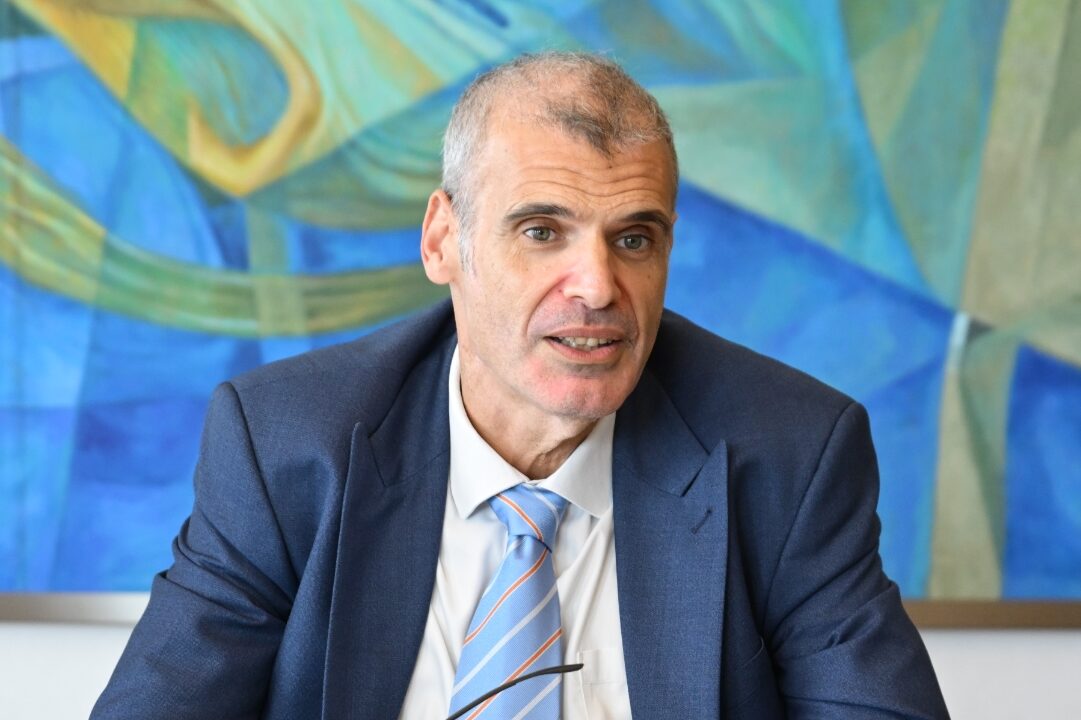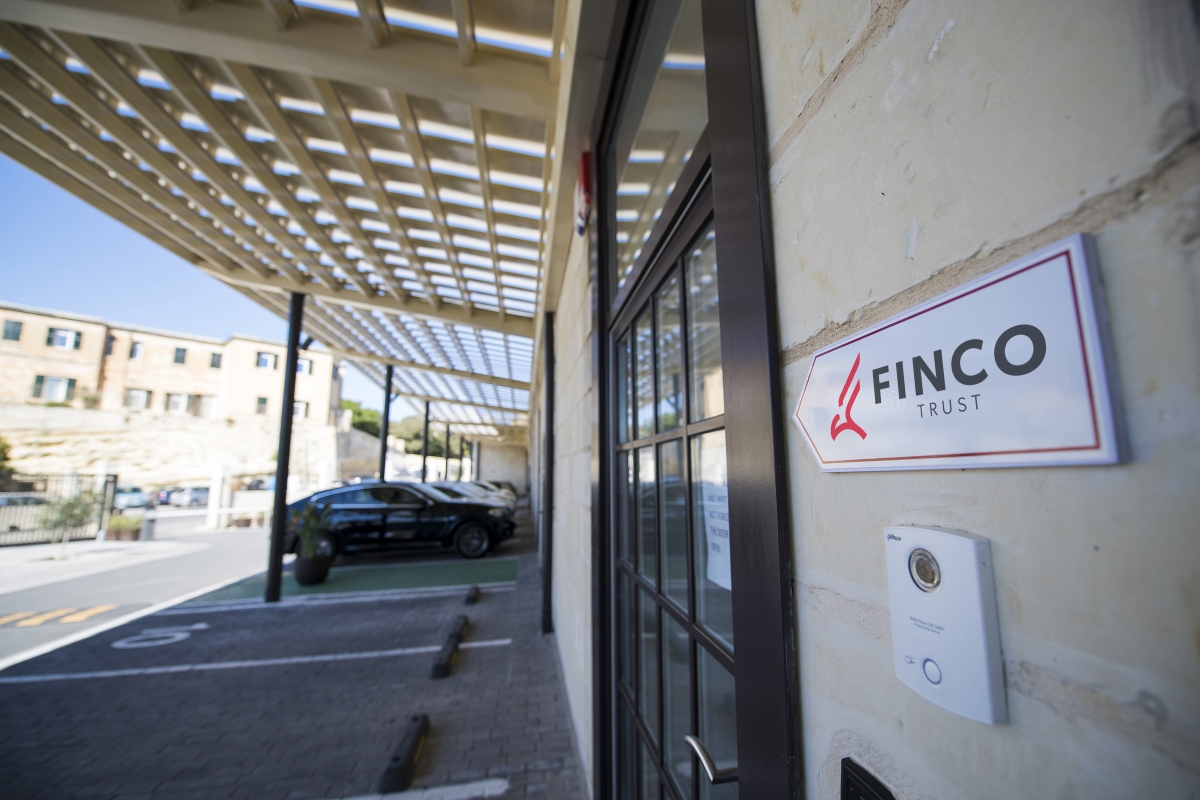Malta’s public debt remains well within the bounds of Eurozone rules and expectations, despite nearly doubling since 2019, according to Gordon Cordina, Chairperson of Bank of Valletta (BOV).
Speaking in his capacity as both an economist and the head of Malta’s largest bank during the presentation of BOV’s interim results, Dr Cordina played down concerns about rising government borrowing, noting that debt should be measured in relation to GDP, not just in absolute terms.
“Public debt – one must consider this in relation to GDP – is still very much in line with euro area rules and expectations,” he stated. “More concerning is the deficit and the excessive deficit procedure, but that is also on the way to resolution at this stage.”

Malta’s public debt stood at just over 43 per cent of GDP at the end of 2019. That figure has since risen to around 47.4 per cent, fuelled by pandemic-related support measures and energy subsidies in the wake of Russia’s invasion of Ukraine.
However, it remains well below the Maastricht Treaty’s 60 per cent threshold.
Dr Cordina argued that the country’s relatively low pre-pandemic debt levels gave the Government the fiscal space to respond effectively to recent crises.
“Some 10 percentage points of public debt were used to stabilise the economy during COVID,” he said. During the pandemic, the Maltese Government instituted an extensive wage supplement scheme to help companies keep employees on their books, avoiding a spike in unemployment. It also offered assistance to firms to cover rent and utilities.
“An element of debt was also used to help the country absorb the shock of soaring energy prices after the invasion of Ukraine,” noted Dr Cordina, with reference to the price freeze on energy and fuel that is still currently in place. The subsidies required to maintain levels prices are estimated to have cost around €750 million between 2021 and 2024.
The BOV Chair added that recent economic growth, coupled with improved tax compliance, is helping to contain debt growth and address fiscal imbalances.
“The country’s ability to maintain economic momentum is what ultimately supports debt sustainability,” he explained.
Dr Cordina also noted that BOV itself had a macroeconomic role to play in maintaining financial stability. “The bank played a role in helping to keep interest rates stable during turbulent times, which also had a broader impact on the economy.”
While Malta is currently under the EU’s Excessive Deficit Procedure due to a Government budget shortfall exceeding three per cent of GDP, the Finance Ministry has committed to gradually reducing the deficit over the coming years.
As the Government prepares to draft its 2026 Budget, maintaining a balance between fiscal responsibility and economic support is expected to remain a central challenge.
Malta’s inflation edges up to 2.7% in October as food and services lead price pressures
The October RPI reading indicates some re-acceleration in consumer-facing sectors after a period of summer stabilisation
db Group reports turnover of almost €100 million and record profit as it opens bond issue to public investors
This coincides with the launch of a €60 million bond programme to support the Group’s continued expansion
Celebrating success: stories from the team behind Finco Trust
The stories of Lee-Anne Abela, Kris Vella, and Maria Mamo reflect the values that continue to guide the firm forward






